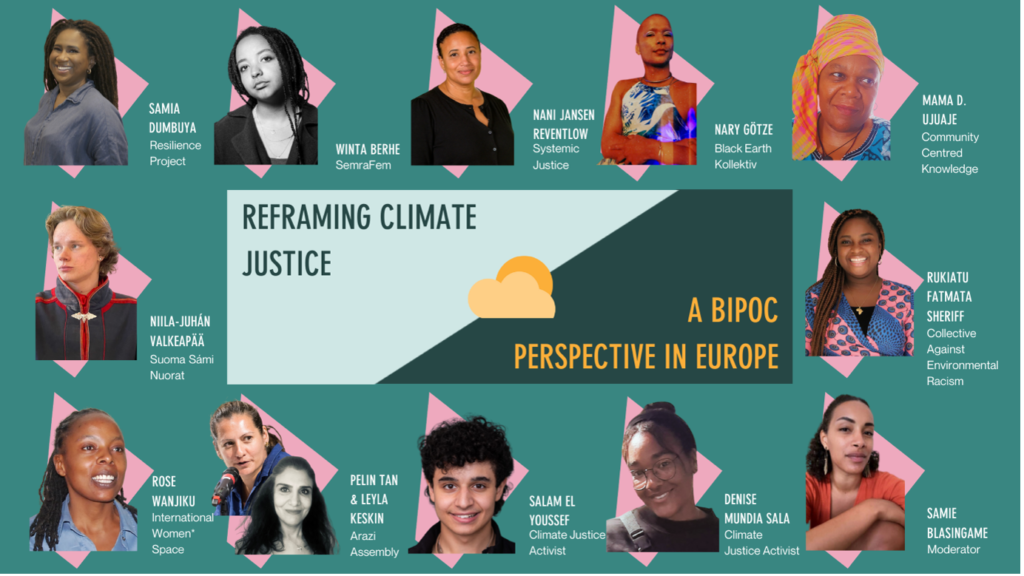
Driven by white, middle-class archetypes of what it means to be the “right” kind of activist, the mainstream climate movement has prioritised fast, visible, solutions-based action as the ultimate weapon against the unfolding climate crisis. Yet, this approach is dangerously close to replicating the harms caused by the very systems of domination responsible for this crisis. Furthermore, it often overlooks, excludes, and even goes so far as to exploit, the rich tapestry of experience, and generational knowledge and tradition held by racialised communities.
While the urgency of the climate crisis demands immediate action on all fronts, the “how” matters just as much as the “what”. Climate justice isn’t just a slogan; it’s a legacy born from grassroots movements like the Black liberation resistance in the US, where community organising, and collective liberation were paramount. And for many racialised communities on this side of the Atlantic, this sentiment continues to resonate deeply today.
Our traditional generational knowledge and very existence have always been and remain rooted in communality. We see the bigger picture. That is to say: the climate crisis is more than “no more oil”. It demands that we take a systemic, intersectional approach to understand how climate breakdown, resource extraction, and the historical oppression of racialised communities are inextricably linked. Only then, can we begin to properly address the root causes of this crisis.
Here’s where Systemic Justice’s “Reframing Climate Justice” speaker series comes in. Recognizing the limitations of the current climate debate in Europe, the series tackles a crucial truth: colonialism and coloniality are far from relics of the past. Everywhere in our society, from social housing, access to healthcare, the right to self-determination, and state policing continue to shape our present, and perpetuate the structural harms against racialised people, even in the “ex-colonial” nations of Europe.

The series delves into the historical and ongoing power dynamics that push racialised voices to the fringes, excluding us from local and political decision-making spaces, access to funding for our work, and even the movements we were responsible for building ourselves. It asks a critical question: “what change is possible when we start to centre the voices of those most affected by and least responsible for the climate crisis?”
It isn’t just about adding another perspective; it’s about reframing the entire conversation from scratch. It’s about acknowledging the systemic inequalities fuelling the crisis and understanding that true justice lies in collective power. It requires listening to, learning from, and empowering all voices, especially those most disenfranchised.
